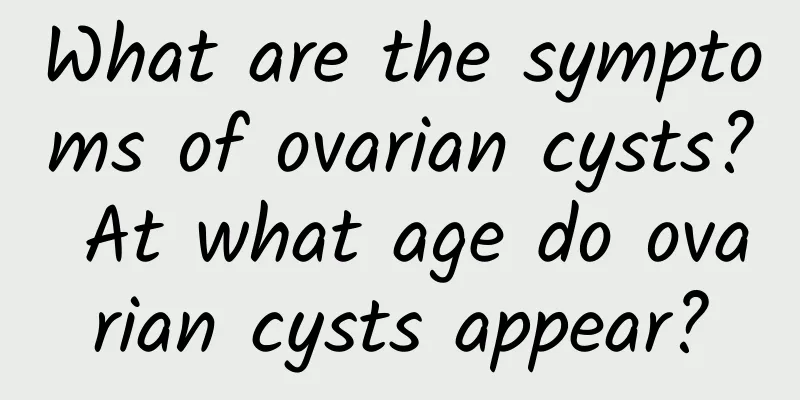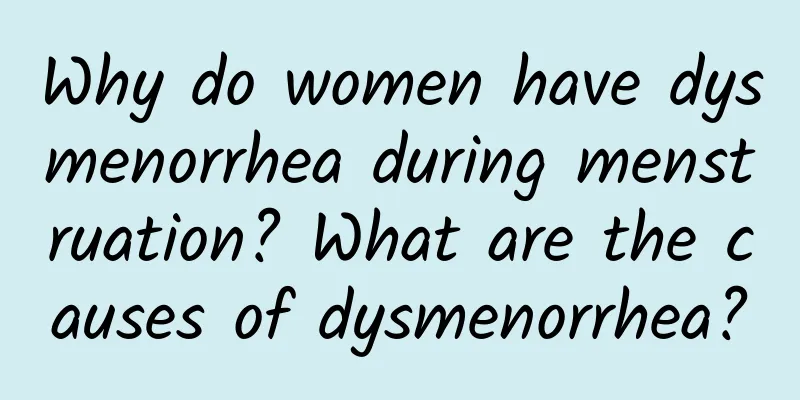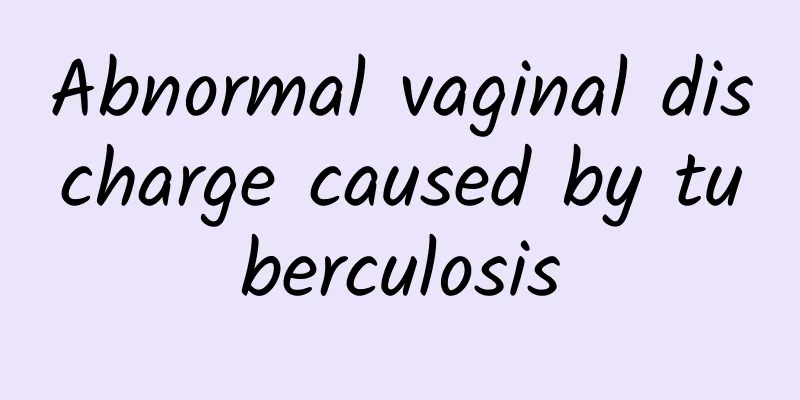What are the symptoms of ovarian cysts? At what age do ovarian cysts appear?

|
What are the symptoms of ovarian cysts? At what age do ovarian cysts appear? Ovarian cysts are a type of ovarian tumor in a broad sense. They can occur at any age, but are most common in women between 20 and 50 years old. Ovarian tumors are common tumors of the female genitalia, with various properties and forms, namely: single or mixed, unilateral or bilateral, cystic or solid, benign or malignant, among which cystic is more common, and the degree of malignant change is very high. Early diagnosis is difficult, and 70% of patients are in the late stage when they seek medical treatment. Early treatment is rarely available, and the 5-year survival rate has always hovered around 20-30%. It is one of the most serious malignant tumors that threaten women's lives. Ovarian cysts are functional cysts of the ovaries, such as follicular cysts, corpus luteum cysts, lutein cysts, and polycystic ovaries. They are caused by excessive physiological reactions due to endocrine dysfunction, insufficient secretion of luteinizing hormone, and drug stimulation. Patients generally do not feel any discomfort, but a few may experience menstrual disorders, dysmenorrhea, infertility, etc., which are often discovered accidentally during medical examinations for other reasons. The symptoms of ovarian cysts are: 1. Ascites sign: The presence of ascites is often a characteristic of malignant tumors, but benign cysts such as ovarian fibroma and papillary cystadenoma can also produce ascites. Endocrine symptoms such as nausea, vomiting, clitoral hypertrophy, etc. are masculinizing cysts. 2. Intra-abdominal masses: If an intra-abdominal mass of medium size or smaller has no complications or malignant transformation, its biggest feature is its mobility. It can often move from the pelvic cavity to the abdominal cavity. The mass is generally not tender to touch. However, if there are complications or malignant transformation, not only will the mass itself be tender, but there may even be symptoms of peritoneal irritation. 3. Cachexia: It is characterized by extremely prominent abdomen, emaciated, painful facial expression and severe exhaustion. |
<<: Does adenomyosis cause pain to each other?
>>: Before menstruation, vulva itching, vaginal discharge, strong odor
Recommend
What are the symptoms that can diagnose irregular menstruation?
Many women are anxious about their damaged appear...
Precautions for abortion surgery
Abortion is a common operation, and the technolog...
How to use medicine to treat female cervical erosion? Guide to drug treatment of female cervical erosion
There are generally three types of cervical erosi...
Lose weight, lose weight! 3 new favorites for burning fat and promoting metabolism
As the weather gets warmer, people are worried ab...
Improve metabolism and reduce the burden on the liver first. 2. Dietary focus to help the body start repairing power
Heal your liver The liver is like a superstar. A ...
How much does it cost to cure intrauterine adhesion surgery?
How much does it cost to treat uterine adhesions?...
What level of progesterone will result in miscarriage? How to treat low progesterone?
Progesterone helps the embryo egg form the placen...
Does spicy food help burn fat? ! Nutritionist: 4 tips to lose weight by eating spicy food
I believe that many of my friends like spicy food...
How to take care of adnexitis in daily life?
How should we take care of ourselves in daily lif...
Several culprits leading to chronic adnexitis
Chronic adnexitis is the most common gynecologica...
Can I have sex during treatment of chronic pelvic inflammatory disease?
The causes of pelvic inflammatory disease in wome...
The harm of Trichomonas vaginitis to women
Vaginitis mainly refers to a disease in the femal...
Causes of ectopic pregnancy in women
Among gynecological diseases, ectopic pregnancy i...
Eat Japanese food to lose weight! Choose these foods and you won't get fat
If you want to lose weight, do you have to stay a...
What are the symptoms of ovarian cysts? Are the abdominal pain symptoms obvious?
What are the symptoms of ovarian cysts? Is the ab...









